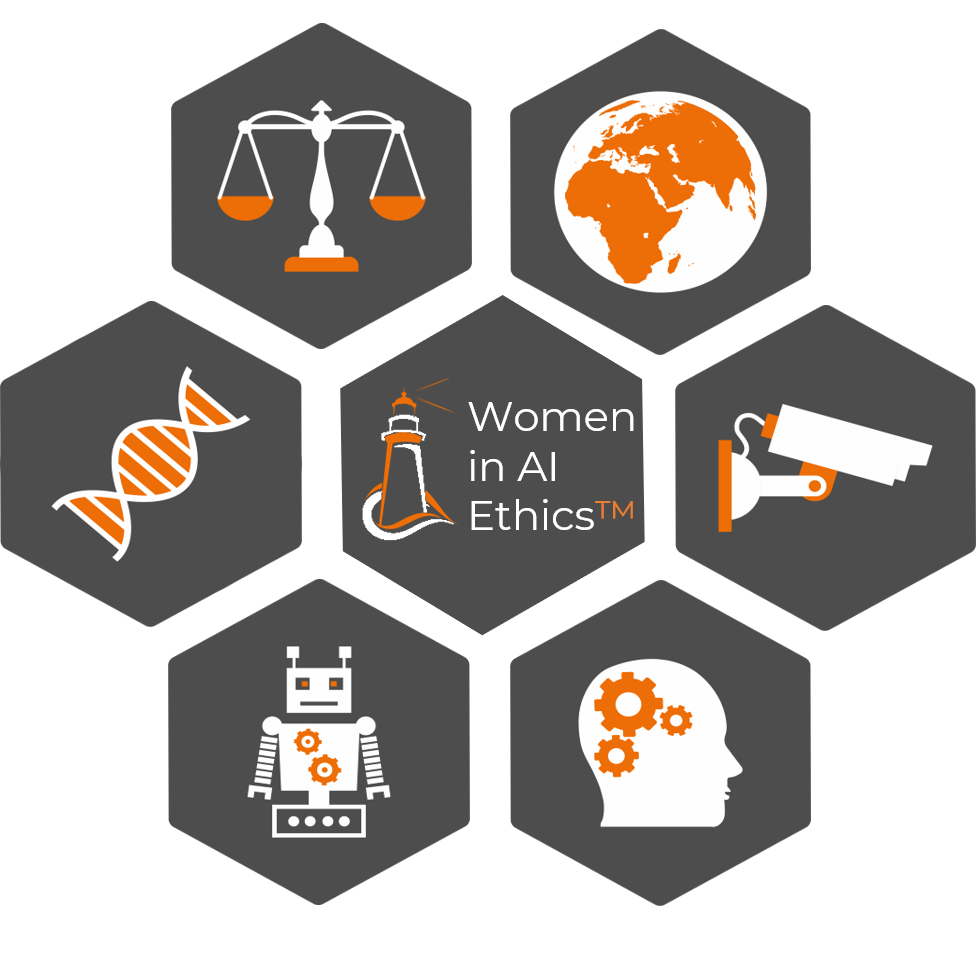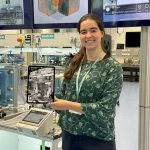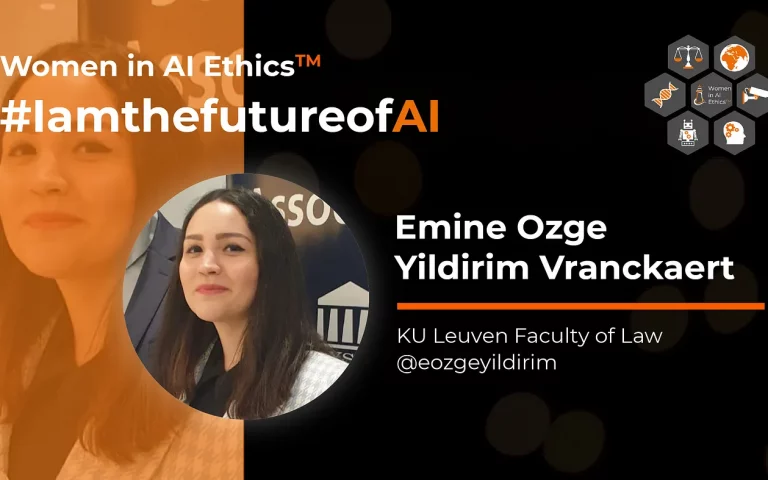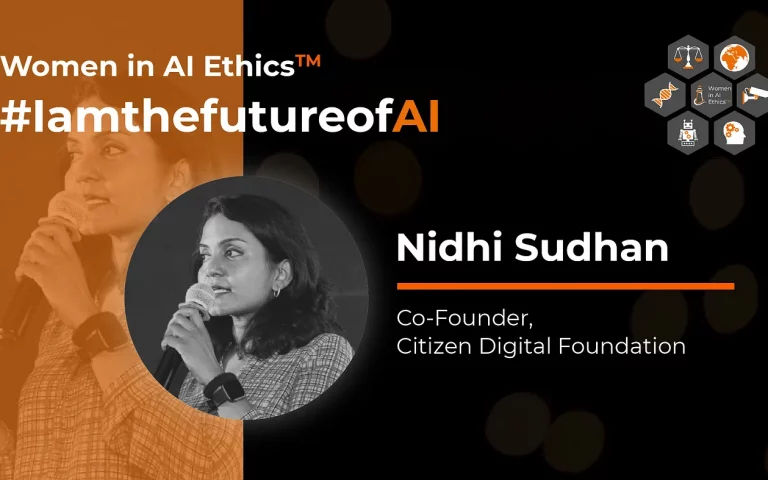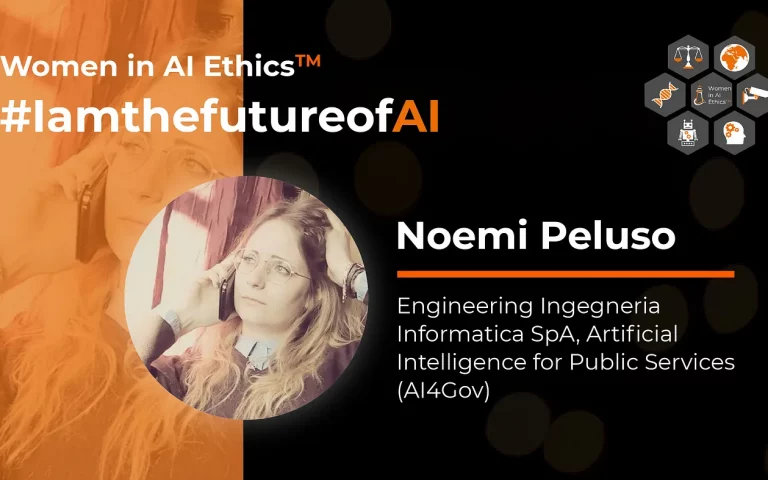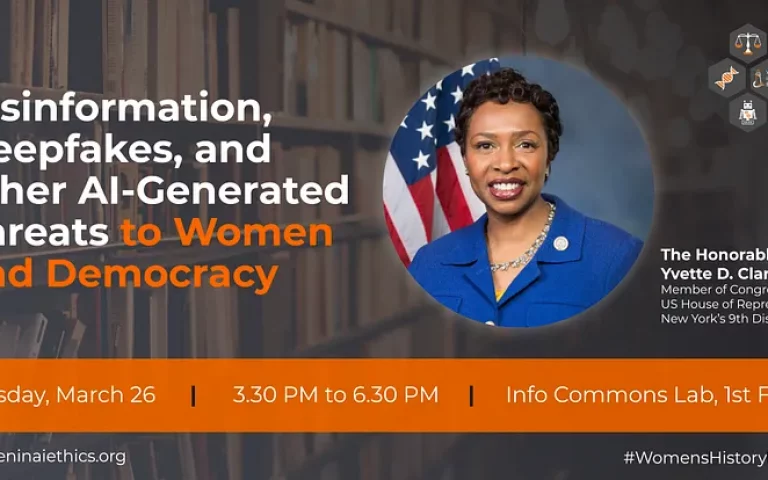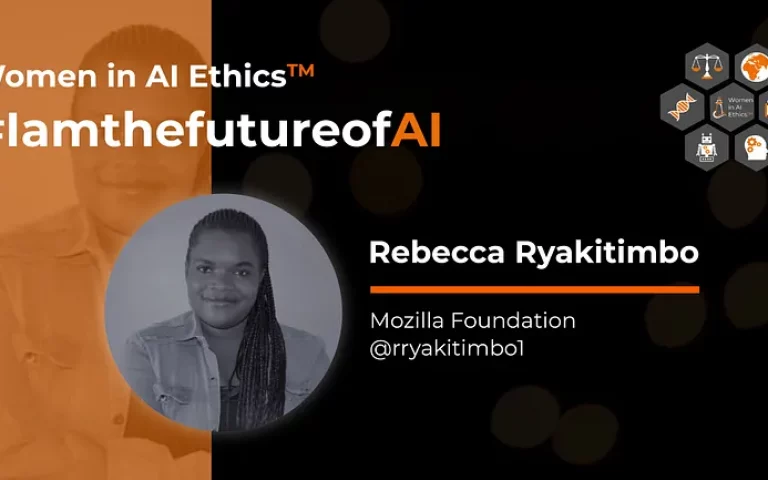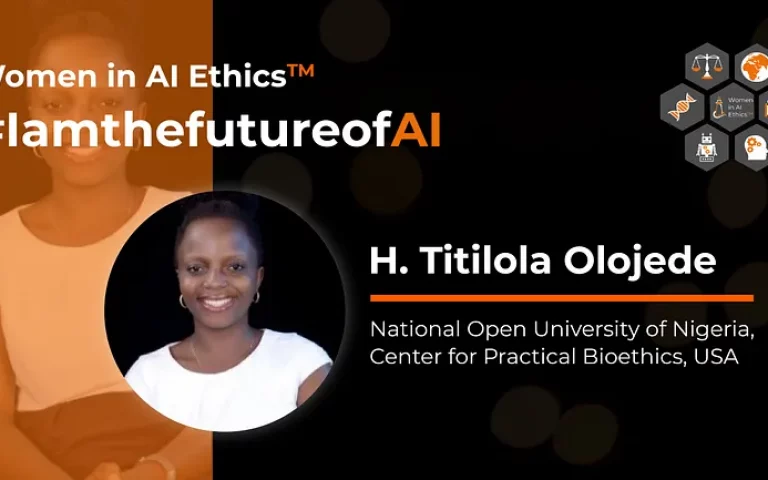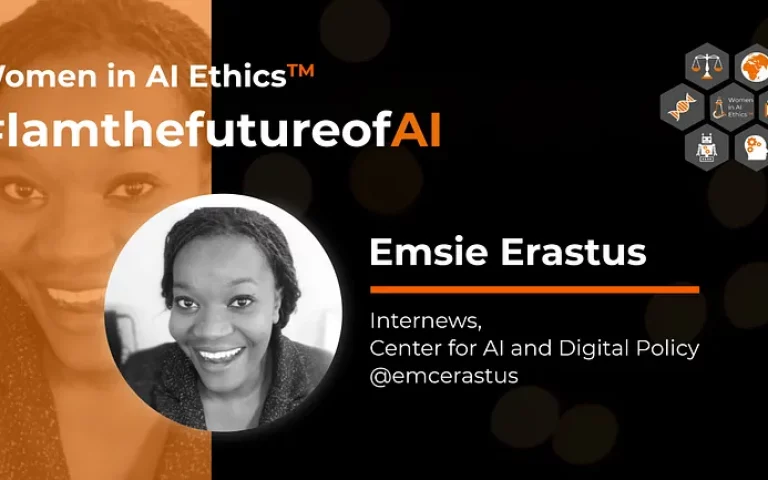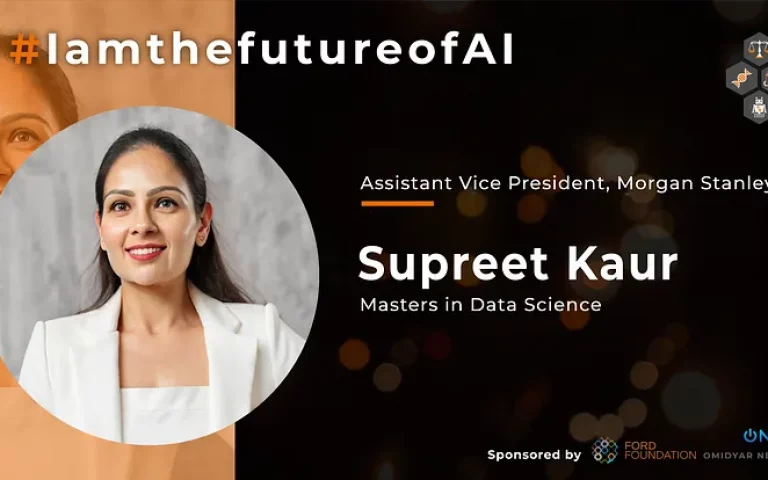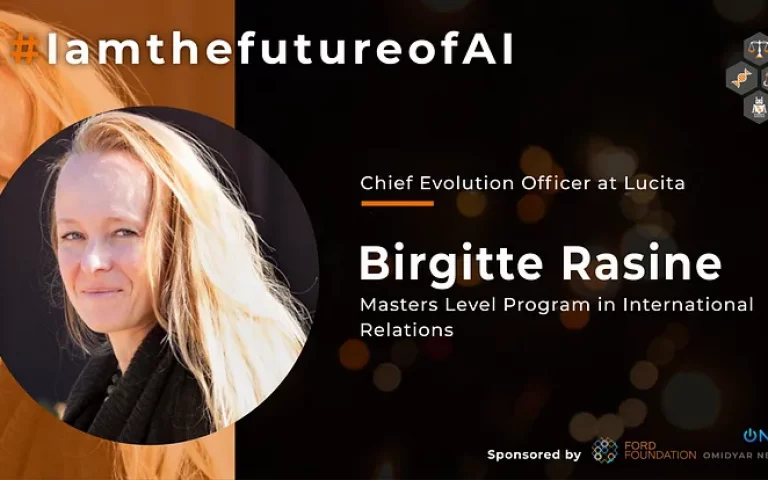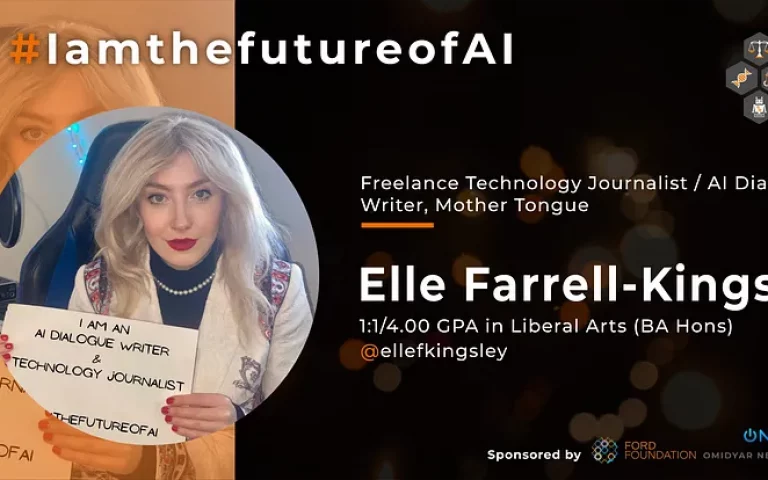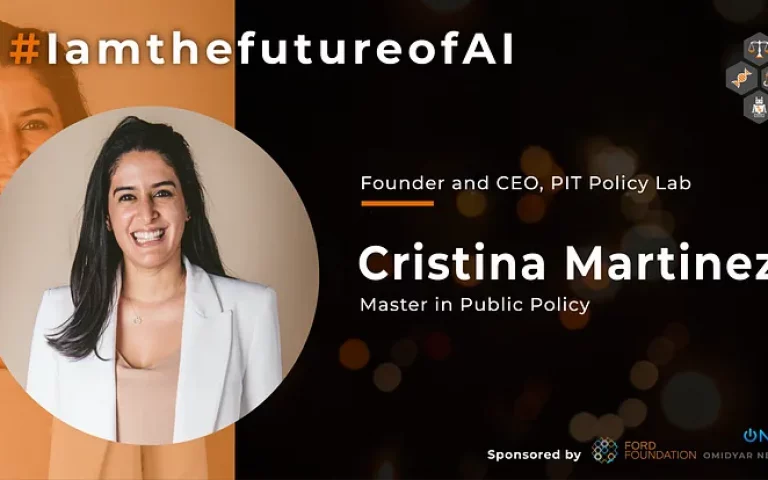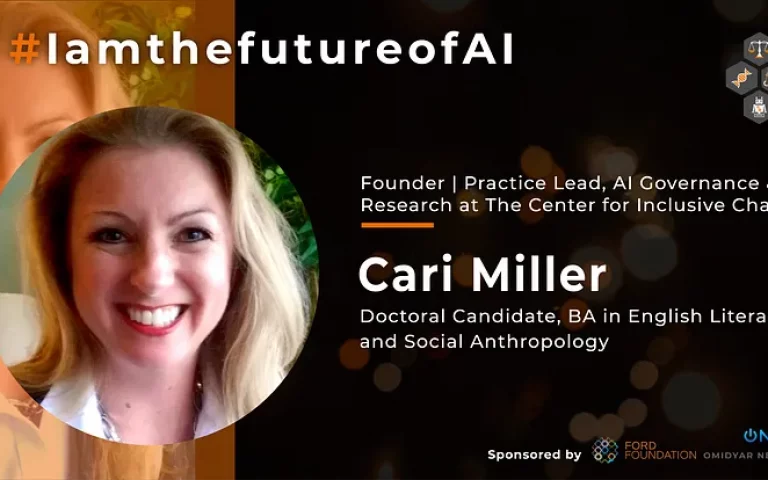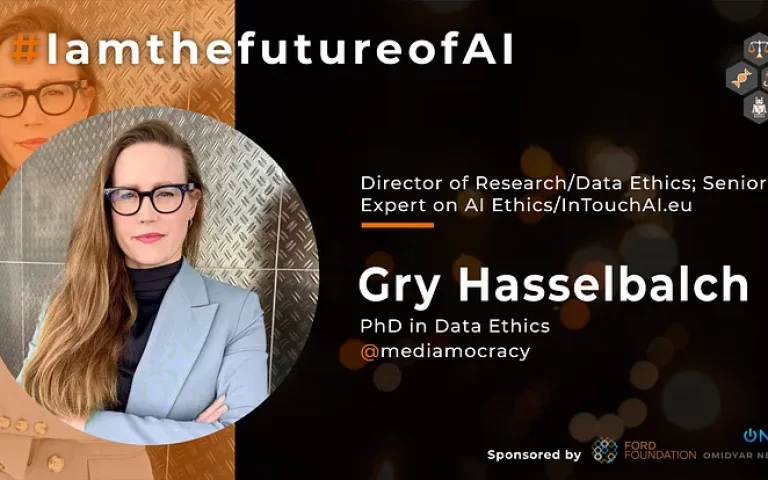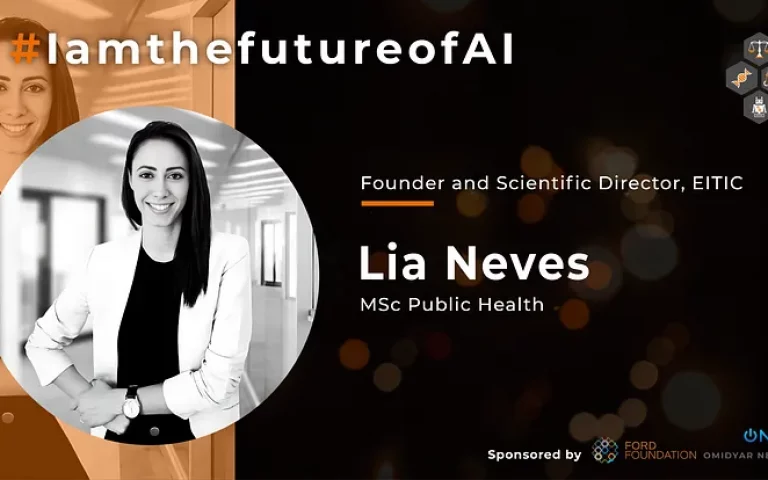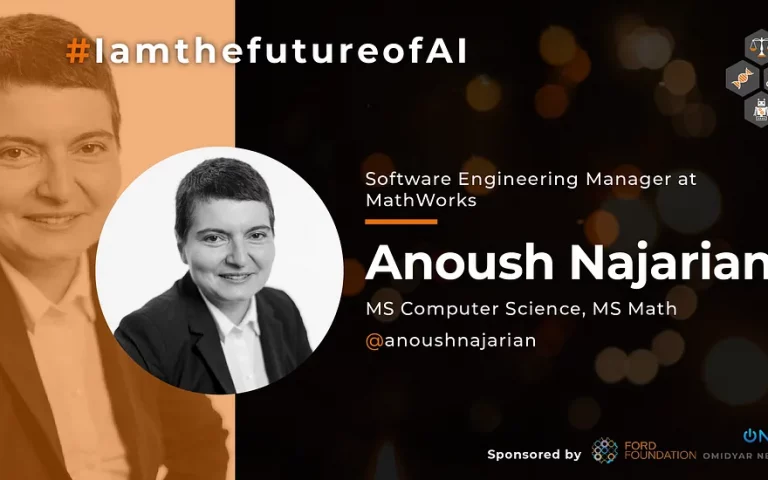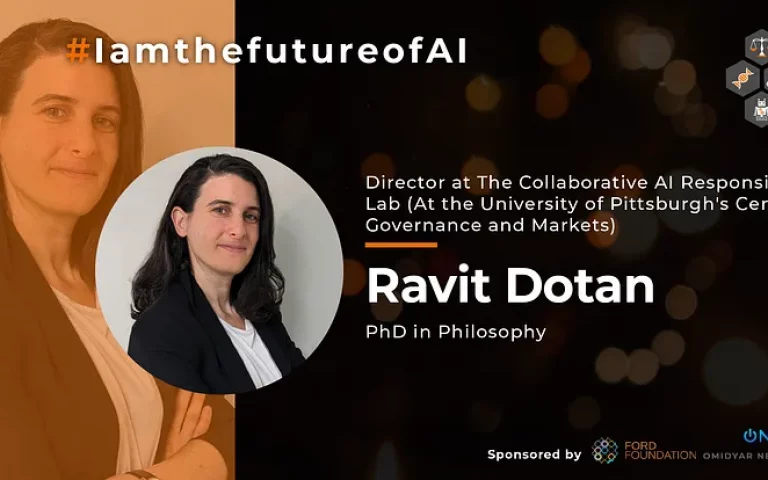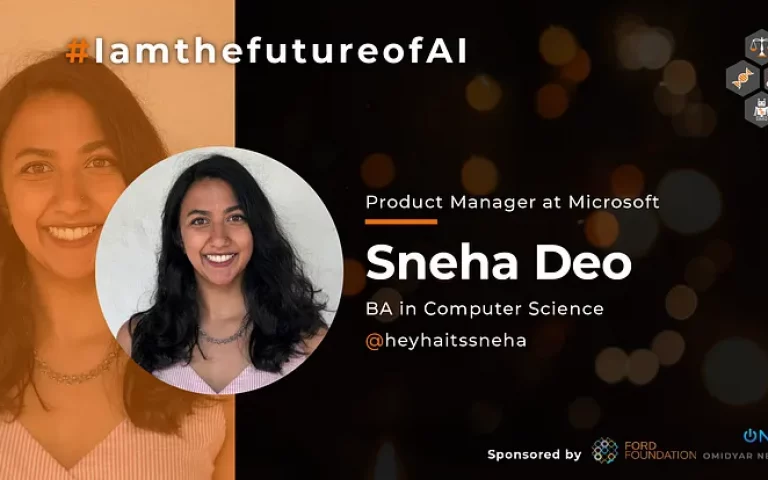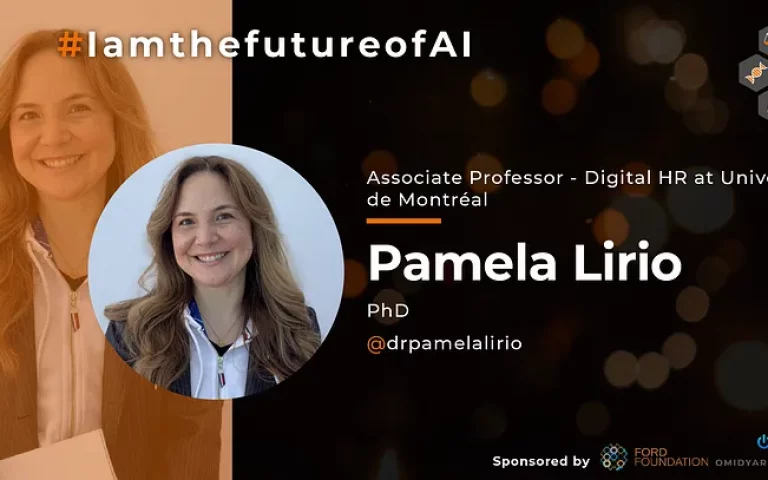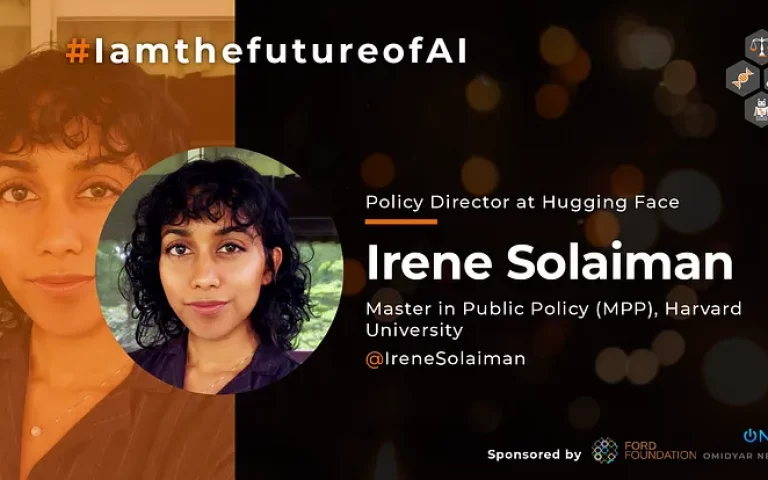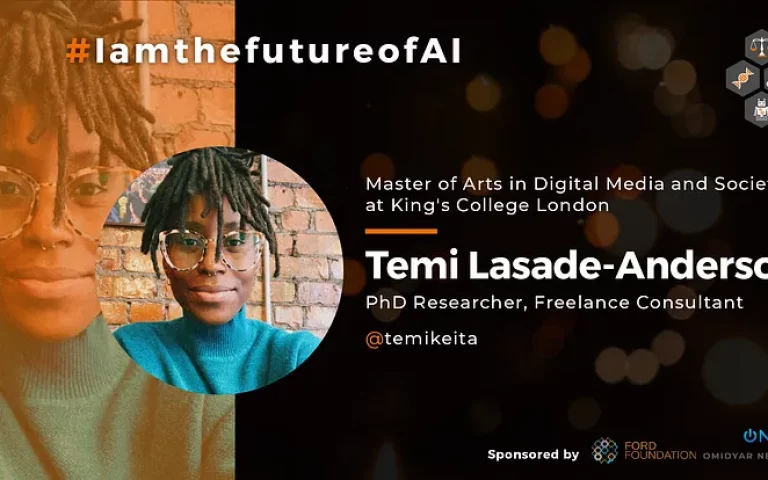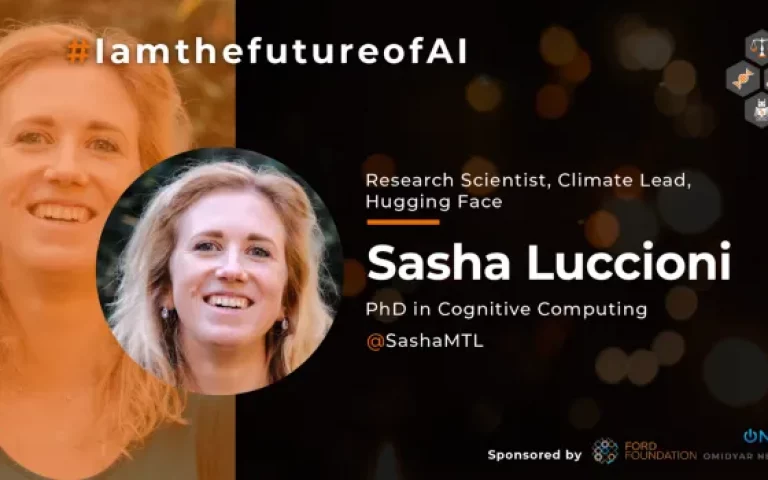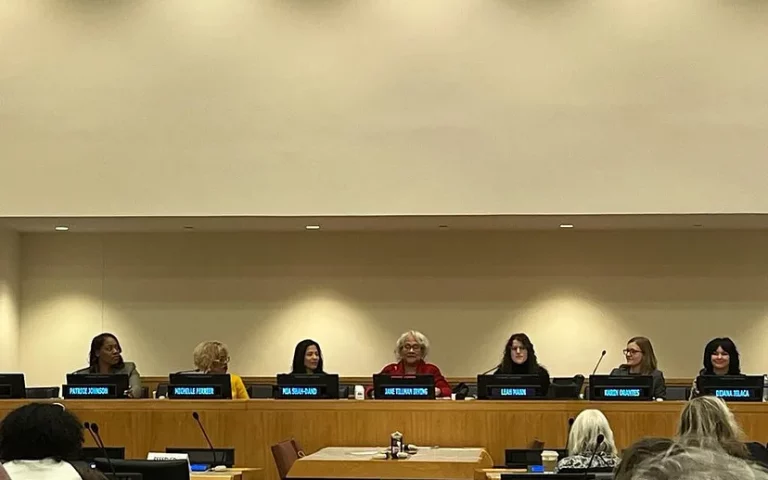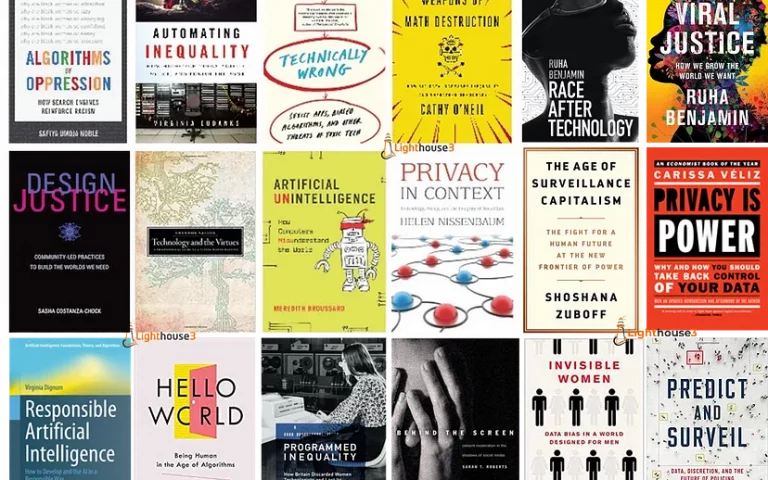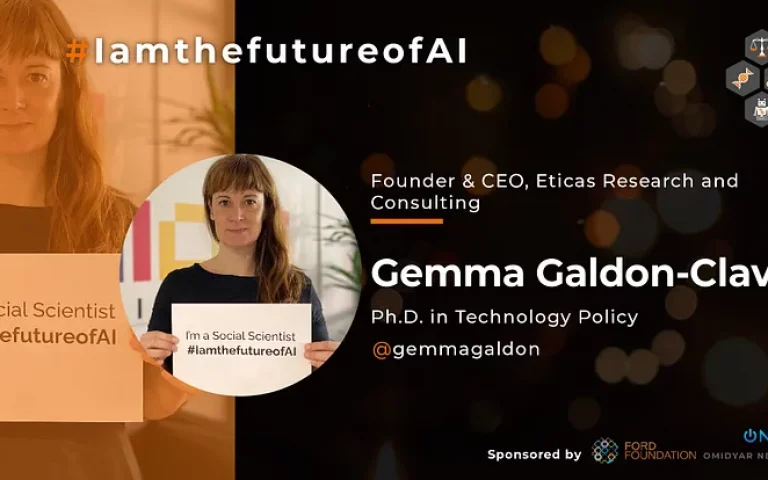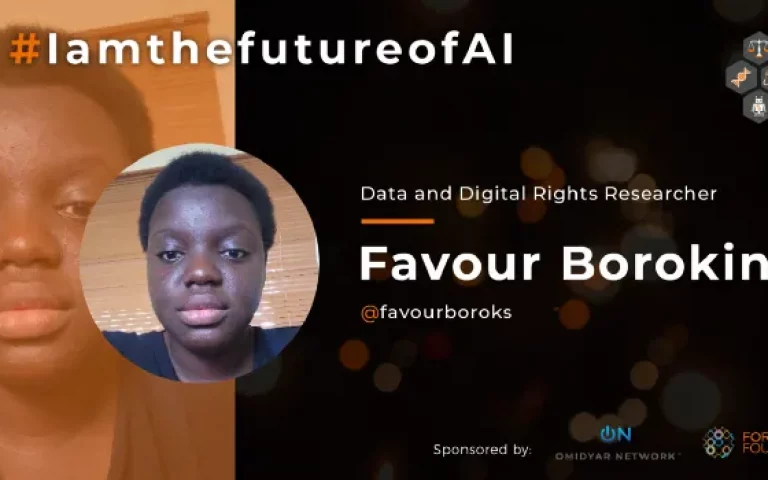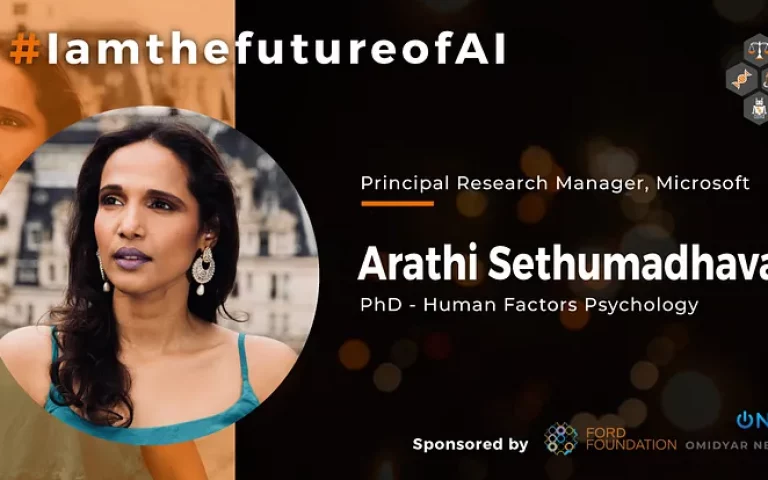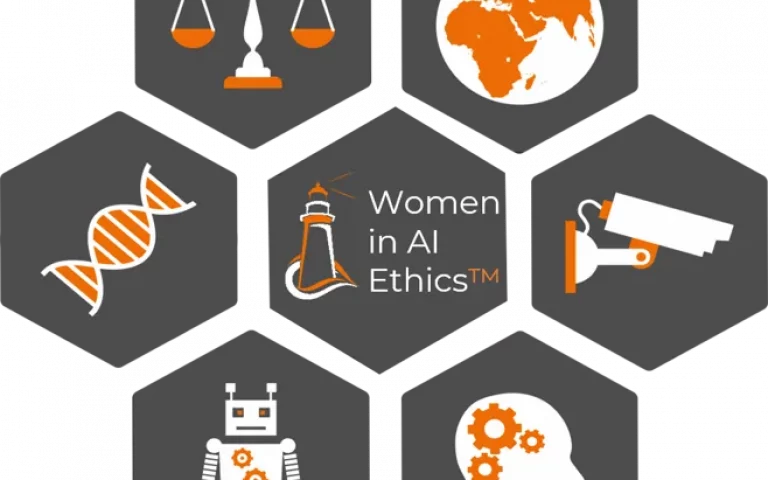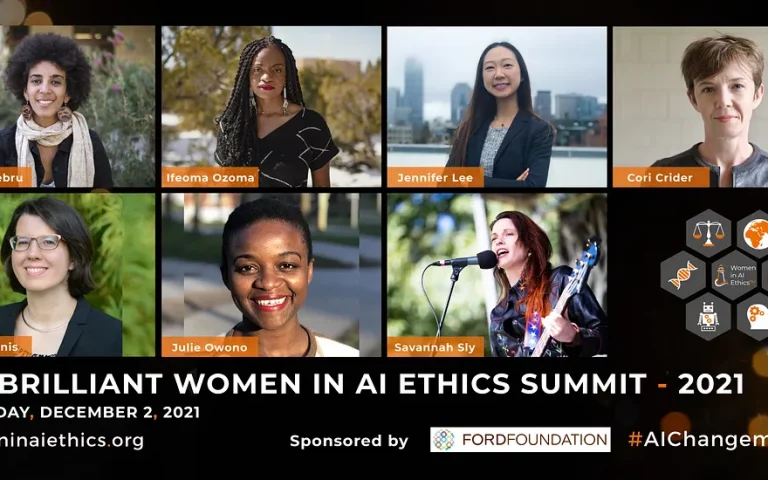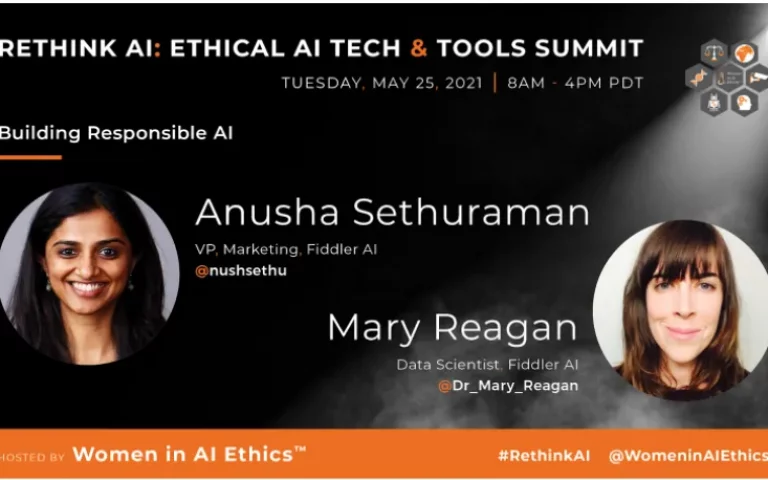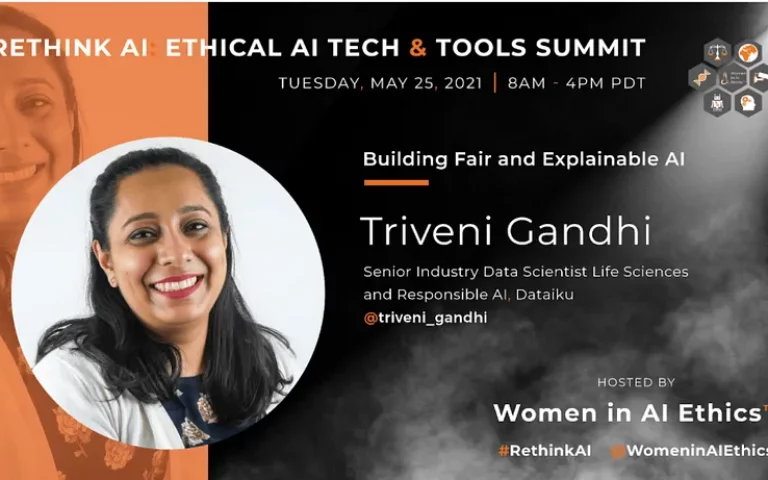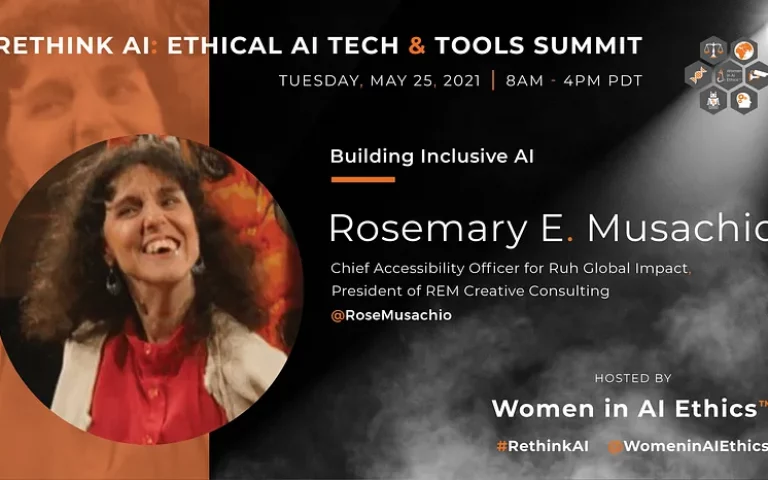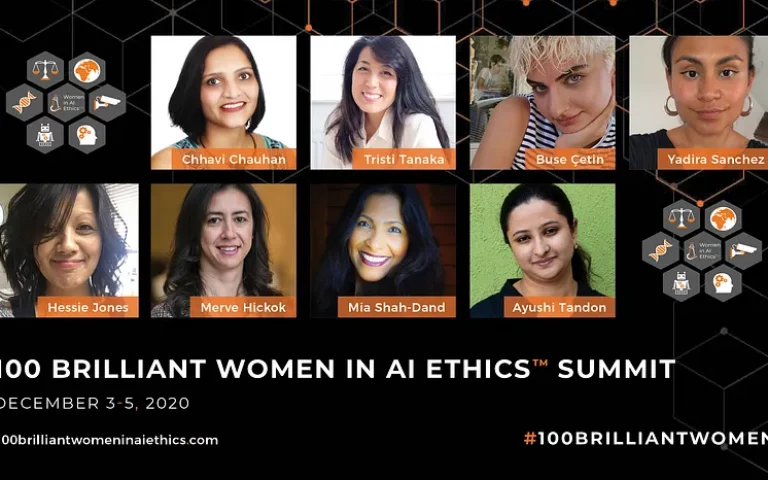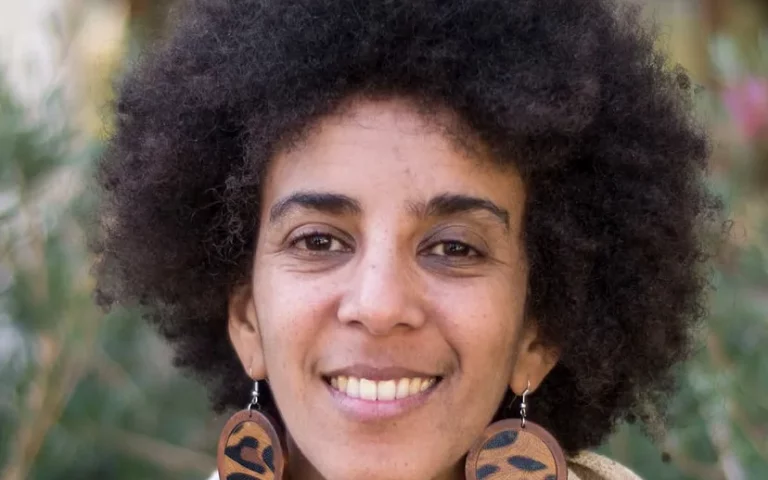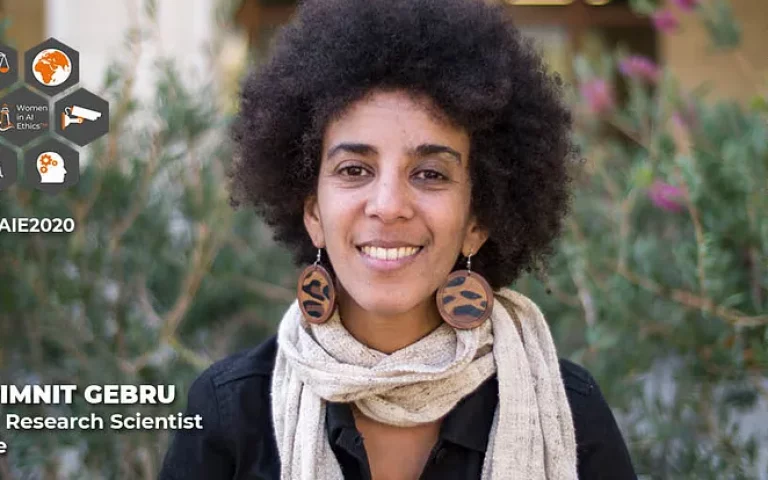Today, we explore Alva Markelius’ start as an activist and how it shaped her career journey as a researcher.
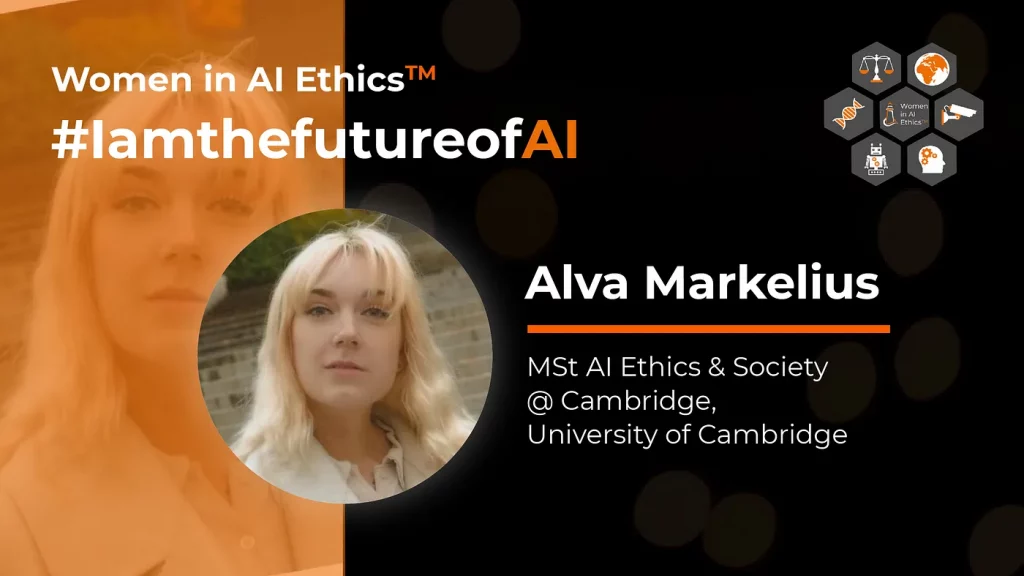
This interview is part of Women in AI Ethics (WAIE) “I am the future of AI” story series, which highlights multidisciplinary talent in AI by featuring inspiring career journeys of women and non-binary people from historically underrepresented groups in tech.
Learn how Alva’s engagement as an activist profoundly influenced her career journey as a Research Engineer at the University of Cambridge / University of Gothenburg. In this conversation, she outlines the responsibilities of her current role and offers words of encouragement for individuals aspiring to enter the AI space.
Can you share an incident that inspired you to join this space?
When I was a teenager, I worked in a science-fiction bookstore in Sweden, starting as a part-timer and ending up staying for almost 6 years. Constantly being surrounded by books that allowed for imagination, reflections and ideas about future societies, in particular including AI and robotics, sparked a lot of inspiration in me. I was mainly fascinated by the stories that used the idea of AI to challenge our typical assumptions about gender, ideology, relationships and identity, and I devoured authors like Leckie, Le Guin, Butler, and Okorafor. The bookstore community enabled a fantastic context to imagine, reflect and engage with the ethical implications of new technologies and societies. I was encouraged to “skapa”, or create, which I brought with me into my professional and academic career.
How did you land your current role?
I started out studying for a BSc degree in cognitive science at the University of Gothenburg. After half my degree I got the opportunity to travel to Seoul National University to finish the degree and work with social robotics. It was in Korea I first started working academically with AI ethics, in a data science project about XAI related to bias in facial recognition. I realised how important this field was and wanted to delve into it for grad school — thus ending up doing my masters in AI Ethics at Cambridge. Having been an active activist I also think hugely impacted my career journey, as fighting for women’s rights, climate and social justice has been a core part of my life for a long time.
What kind of issues in AI do you tackle in your day-to-day work?
I aim mainly to tackle the ethics related to implementing LLMs into embodied/personified systems, such as social robotics, digital avatars and vehicles. One project is related to identifying ethical considerations when designing embodied humanoid interfaces for LLMs. This includes how to design characteristics such as personality, behaviour, appearance and voice of e.g. social robots while not perpetuating harmful biases and stereotypes related to i.e. gender. It also concerns tackling the risk of inappropriate behaviour, adversarial misuse, potential emotional dependence and disruptions and avoiding the risk of the spread of misinformation. I also work with combining LLMs and driver monitoring systems, focusing on enabling appropriate and safe behaviour for LLM-based feedback for vehicle safety.
If you have a non-traditional or non-technical background, what barriers did you encounter and how did you overcome them?
Being a woman in tech, and particularly AI and robotics, has come with many barriers throughout my career. Despite having a quite technical background, and being a competent technologist, my background of both being a woman and the first person in my family with an academic degree has been notably non-traditional in the AI space. It is a fight towards constant structural barriers and obstacles. I have faced being overlooked, not taken seriously, not given credit, doing extra social and emotional labour, and hearing comments like “wear less makeup, and dress less feminine, it is distracting in tech and AI”. Overcoming them has included never being apologetic, for the way you dress and look, setting your boundaries, for respecting yourself and your own work and who you are.
Why is more diversity — gender, race, orientation, socio-economic background, other — in the AI ethics space important?
AI are complex socio-technical systems, and infrastructures of computational, social, cultural and institutional constructions. The ethics of AI follows the same structure, it is relational, context-dependent and temporal. I believe that there is no one-size-fits-all for AI ethics, but it has to be applied differently depending on who is involved, who gets affected by the technologies and the inherent power asymmetries present in the particular application. Without diversity in the AI ethics space, we risk limiting our understanding of what AI ethics means, which would have devastating consequences. Diversity in AI ethics enables technology design and innovation, regulation and governance as well as epistemologies and ontologies that accommodate for more people affected by emerging AI, reducing risk and harm and enabling potential for justice and empowerment in tech.
What is your advice to those from non-traditional backgrounds who want to do meaningful work in this space on how to overcome barriers like tech bro culture, lack of ethical funding/opportunities, etc.?
My first advice would be to remember you are never alone in your journey and always reach out for help to the communities and individuals that exist out there. There are many who have overcome similar challenges and barriers, that would be more than happy to share their experiences and support those who need it. I believe our strength lies in our community and our ability to lift others and enable opportunity for others, especially those who are facing marginalisation and are often being overlooked or excluded in the AI ethics space. My second advice, related to tech bro culture is to never compromise your integrity, boundaries, space, yourself, the way you choose to express your identity, your safety and comfort even if it does not fit into such a culture, never.
Alva is an AI Ethics & Society MSt student at the Leverhulme Centre for the Future of Intelligence at the University of Cambridge. She’s also a research engineer at the DICE — lab at the Institution for Applied IT, University of Gothenburg. With a focus on the ethics of social AI and robotics, embodied cognition, affect and emotion, gender and intersectionality, global AI narratives, and socio-technical imaginaries, Alva brings a wealth of knowledge to the table. In addition to her academic and research roles, she also plays a vital role as part of the Centre for Human Inspired AI Early Career Community Committee.
Sign up for the Women in AI Ethics mailing list to stay connected with this community of AI pioneers, experts, and emerging talent.
